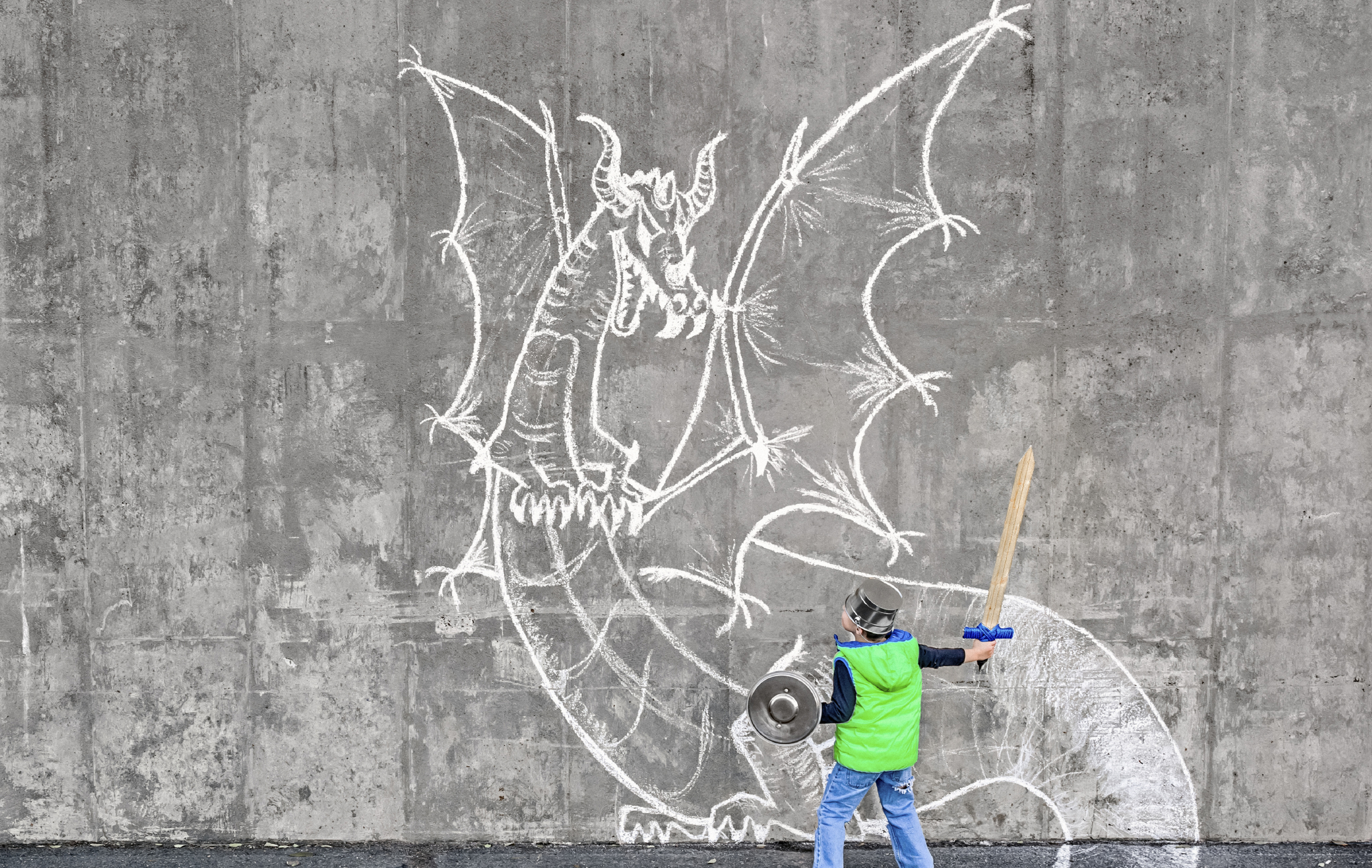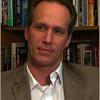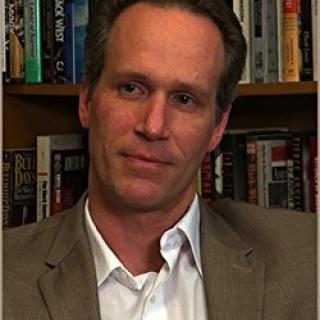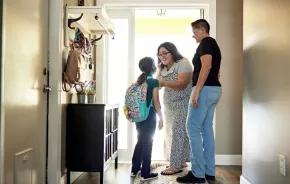
My son, Sawyer, was diagnosed on the autism spectrum when he was 7. I never agreed with this diagnosis, but I fully understood why he received it: Something appeared to be wrong. At times, it seemed impossible to get his attention; in school he talked only to himself and not other children. I eventually came to understand that Sawyer had sequestered himself in a kingdom of his own creation. Unfortunately, his mind may have been in that kingdom, but his body was somewhere else, a division of attention that resulted in the behavior that would garner his diagnosis.
My wife and I spent the last 10 years learning how to help Sawyer choose to pay as much attention to the world in which he lived as the world he was imagining. There was a lot of experimentation along the way, a lot books read, a lot of therapies tried, a lot of experts consulted. All of that was useful, I guess, as the supposedly autistic child has grown into a merely quirky teenager, but in retrospect I think the most important decision I ever made as his father was to recognize that my life was as important as his.
This is not so simple, really. If your child has been diagnosed on the autism spectrum, if the reports from teachers grow more and more dire, if his behavior becomes stranger and stranger and if you cannot imagine how this child will mature into anyone resembling a successful adult, it is easy to live in a state of suspended animation, as if he has been abducted and until he returns safely, normal life cannot continue. He seemed so small and vulnerable to me, and the world was so large and so rough in places, that most days I felt like a member of the Secret Service required to sacrifice my life for his.
Children on the spectrum, children with special needs, are some of our greatest teachers. There is nothing more important to learn than unconditional love.
It was an impossible way to be a father. The truth was, my greatest fear, which is really everyone’s greatest fear — parent and child alike — was that a day might come when I would never be happy again. A day might come when Sawyer would be grown and would live on the streets, a lost soul, rejected by the world. How can a father be happy if this is what has become of his son? And if I am not happy, what is my life? What is the value of my life without happiness?
The answer I knew all too well from my own private struggles was: Nothing. Which is why I had to remember that my life was as important as his. The moment I saw his behavior as a threat to my future, to my life, to my well-being, I made choices that only created more problems. When I viewed his behavior as a threat, I tried to fix and control him. When I saw him as a threat, I forgot that I loved him. All I wanted, all I cared about, was that he changed so I could know my future was safe.
However, the moment I remembered that my happiness was my own, that it was not in the unconscious care of this little boy, I made very different choices. Now, I could make a choice from love rather than fear. To love Sawyer was to trust Sawyer, even in all his early oddness. To trust him was to know that within him was the same potential, guidance and creative power as was within me. My job has always been to help him remember this.
Children on the spectrum, children with special needs, are some of our greatest teachers. There is nothing more important to learn than unconditional love. To reside within the awareness of unconditional love and well-being is to forget entirely to be afraid. I cannot love Sawyer unconditionally unless I love myself unconditionally, and to love Sawyer unconditionally I cannot make Sawyer’s behavior a condition for my happiness.
I still do sometimes, of course. It’s a very old habit. I grouse at him and tell him he needs to do this and he must do that, and then the arguments start. No matter. Love is uninterested in my fear and old habits. Love does not join arguments, does not hear complaints, does not compare or judge. Love merely waits for my return, a kingdom of my own from which I can see the world as it actually is.











